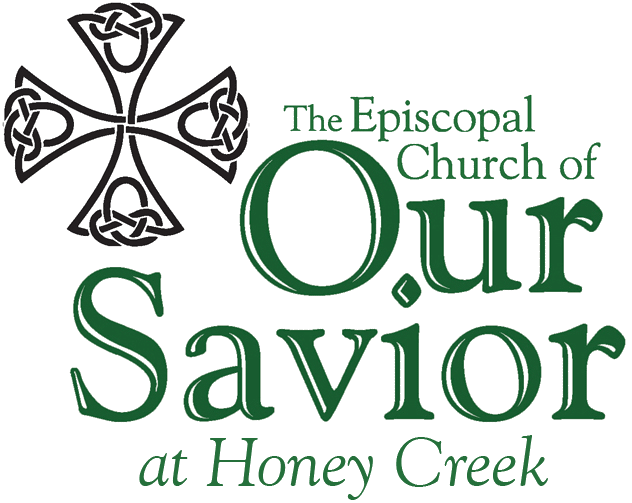A reading from a letter by Maximus the Confessor, Abbot (662) - from Readings for the Daily Office, J. Robert Wright, Week of 4 Lent; Wednesday, p. 154:
God's will is to save us, and nothing pleases him more than our coming back to him with true repentance. The heralds of truth and the ministers of divine grace have told us this from the beginning, repeating it in every age. Indeed, God's desire for our salvation is the primary and preeminent sign of his infinite goodness. It was precisely in order to show that there is nothing closer to God's heart than the divine Word of God the Father, with untold condescension, lived among us in the flesh, and did, suffered,and said all that was necessary to reconcile us to God the Father, when we were at enmity with him, and to restore us to the life of blessedness from which we had been exiled. He healed our physical infirmities by miracles; he freed us from our sins, many and grievous as they were, by suffering and dying, taking them upon himself as if he were answerable for them, sinless though he was. He also taught us in many different ways that we should wish to imitate him by our own kindness and genuine love for one another.
So it was that Christ proclaimed that he had come to call sinners to repentance, not the righteous, and that it was not the healthy who required a doctor, but the sick. He declared that he had come to look for the sheep that was lost, and that it was to the lost sheep of the house of Israel that he had been sent. Speaking more obscurely in the parable of the silver coin, he tells us that the purpose of his coming was to reclaim the royal image, which had become coated with the filth of sin. "You can be sure that there is joy in heaven," he said, "over one sinner who repents."
To give the same lesson he revived the man who, having fallen into the hands of brigands, had been left stripped and half-dead from his wounds; he poured wine and oil on the wounds, bandaged them, placed the man on his own mule and brought him to an inn, where he left sufficient money to have him cared for, and promised to repay any further expense on his return.
Again, he told of how that Father, who is goodness itself, was moved with pity for his profligate son who returned and made amends by repentance; how he embraced him, dressed him once more in the fine garments that befitted his own dignity, and did not reproach him for any of his sins.
So too, when he found wandering in the mountains and hills the one sheep that had strayed from God's flock of a hundred, he brought it back to the fold, but he did not exhaust it by driving it ahead of him. Instead, he placed it on his shoulders and so, compassionately, he restored it safely to the flock.
So also he cried out: "Come to me, all you that toil and are heavy of heart. Accept my yoke," he said, by which he meant his commands, or rather, the whole way of life that he taught us in the Gospel. He then speaks of a burden, but that is only because repentance seems difficult. In fact, however: "my yoke is easy," he assures us, "and my burden is light."
Then again he instructs us in divine justice and goodness, telling us to be like our heavenly Father, holy, perfect and merciful. "Forgive," he says: "and you will be forgiven. Behave toward other people as you would wish them to behave toward you." - Letter 11: PG 91, 454-455.
 In peace,
In peace,
Linda+
The Rev. Linda McCloud
Pastor
The Episcopal Church of Our Savior at Honey Creek
http://www.oursaviorhoneycreek.org/
http://oursaviorhoneycreek.blogspot.com/
912-267-0333
Photo: Maximus the cat, who needs
no repentance but highly recommends it
to humans











